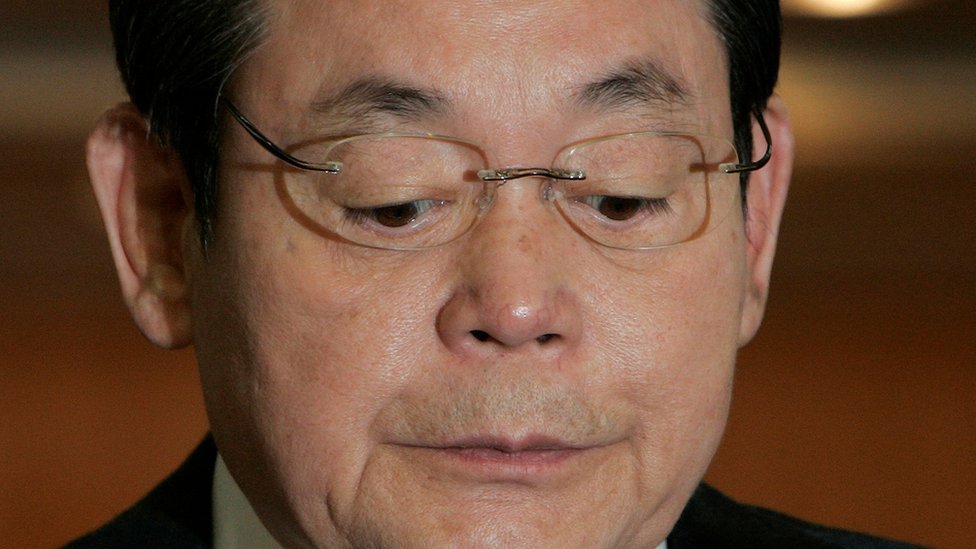Samsung Electronics announced the death of its president, Lee Kun-hee. The company says he died on October 25 with family, including his son, Vice Chairman Lee Jae-yong, by his side. He was 78 years old.
No cause of death was reported, but Lee had a problem for many years after suffering a heart attack in 2014. He has since retired from public life. Lee Jae-yong, also known as Jay Y. Lee, will take over the company as he is considered the de facto leader.
Lee Kun-hee was a controversial figure who played a very important role in promoting Samsung from a cheap device maker to one of the most powerful companies technologyin the world. He became the richest man in South Korea, with Samsung Group earning about a fifth of the country's GDP.
In a statement, Samsung said Lee had been "the driving force behind the company's vision" since 1993.
Lee had legal problems, as he was found guilty of corruption of President Roh Tae-woo through a secret fund in 1995, but also for tax evasion and embezzlement in 2008. But nothing was done. He was pardoned in 2009 "so that he can take back his seat at the International Olympic Committee and oversee the 2018 Olympic Games to be held in Pyongchang," South Korea's justice minister said at the time.
Lee's death will inevitably rekindle speculation about the succession process. As Lee Jae-yong prepares to become president, he has had his own legal problems, spending almost a year in prison for his role in the corruption scandal that toppled former South Korean President Park Geun-hye.
South Korean court rulings say anyone taking Lee's assets will have to pay billions of dollars in inheritance tax, which could force Lee Jae-yong to reduce his stake in the company.





